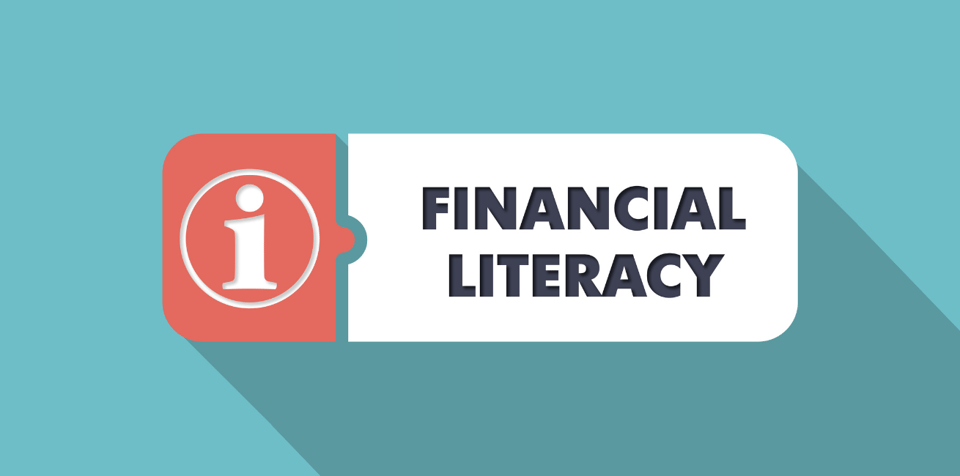Life is unpredictable—it’s a truism for a reason. This can make navigating life’s milestones difficult—particularly those that require a down payment, emergency fund, or significant savings.
If you plan and save strategically, you may be able to use financial resilience as a way to combat the naturally unpredictable nature of life, or at least to ensure you’re prepared as well as you can be for the unexpected.
While this can sound like a pipe dream, there are small steps you can take to boost your financial resilience at just about any time.
Five Key Steps to Building Financial Resilience
Interested in boosting your peace of mind surrounding your finances? Here’s how we’d recommend investing in your financial resilience:
1. Establish an emergency fund.
Your emergency fund is your financial parachute. If something happens and you’re suddenly in free fall, that fund will help you stay aloft and support a smooth landing. Pulling together a sizable emergency fund can feel like a massive project, but know that starting small is okay.
-
Begin by setting aside a little each month. Focus on consistency—$20 per month is better than $100 once a year.
-
Prioritize “paying yourself first,” if you can. Decide that paying into your emergency fund is as non-negotiable as your internet bill.
-
Find a savings account that works well for this type of fund. Putting your emergency savings into an account with a great interest rate will help your money start working for you!
2. Master the art of expense tracking and budgeting.
Use it well, and a budget can be more than a simple tool showing you where your money is going—it can be a roadmap to help you steer your money in the right direction, whether you’re putting together a general life budget or a budget for a specific event.
Start by tracking your income and expenses. It seems simple, or even like something you can keep in your head, but writing it out is a grounding activity that can help you see spending patterns forming over time. After you have some data to work with, you can see if your real-life financial habits line up with your lifestyle and goals. If they don’t, you can switch up your budget parameters to see if you can get things back on track.
3. Diversify your income and invest your assets wisely.
Diversifying your income can help you avoid putting your financial eggs in one basket. That way, if one of your income streams slows down or disappears, you’re still in good shape.
Doable examples of ways to diversify your income can include:
-
Taking on freelance work
-
Investing in real estate
-
Tutoring online
-
Dabbling in stock market investments
-
Starting a formal side hustle from your favorite hobby
Once you have some extra cash, investing that money can help you increase your resilience even more. Talk to the professionals at your local bank if you’re interested in finding strategic investments for your unique situation, and then breathe a sigh of relief knowing you’ve worked hard and are in good hands!
4. Prioritize paying down your debt.
Having debt hanging over your head can do more than wreak havoc on your credit or make navigating financial opportunities more difficult than necessary; it can have a very real toll on your mental health.
Start by getting your ducks in a row. It can feel scary to stare at exactly how much debt you need to pay down, but understanding what and how much you owe is the first step. Get all of that information in one place, breathe, and know that you’re taking steps to reduce your debt and solidify your financial future.
When you’re able to start paying down debts, start with your highest-interest ones—they’re the ones that are costing you the most. If you’re interested, talk with your community bank about loan restructuring or consolidation, which can help you manage logistics and possibly save on interest.
5. Review and update your insurance options on a regular basis.
Your various insurance products—e.g., life, home, car, health—exist to offer you some protection against the curveballs life throws at you or your family.
But thinking about these insurance options as more than just required bills and instead as strategic tools or hedges against future challenges can help get you far.
Talk to the guides at your community bank. They can help you understand and tailor your insurance portfolio to perfectly fit your family’s needs.
The Role of Community Banks in Enhancing Financial Resilience
Financial resilience doesn’t have to seem like some far-flung dream; it’s a journey that you can embark upon today.
Whether it's setting up an emergency fund, mastering budgeting, diversifying your income, managing debts, or reviewing insurance, each move you make is a step toward a more secure financial future.
At BNC National Bank, we’re proud to be your guide on this journey. Interested in accessing personalized guidance from professionals who understand your precise local financial situation? We’re here to help. To discover exactly how we can partner with you, check out our guide, How Community Banks Play Into the Lives of Local Community Members.






